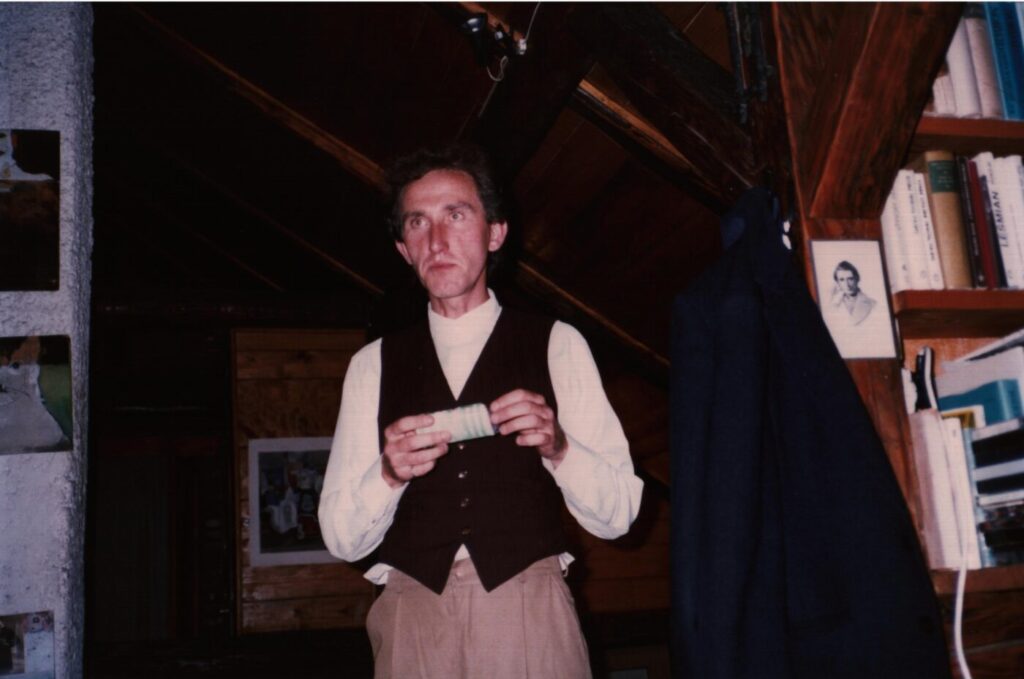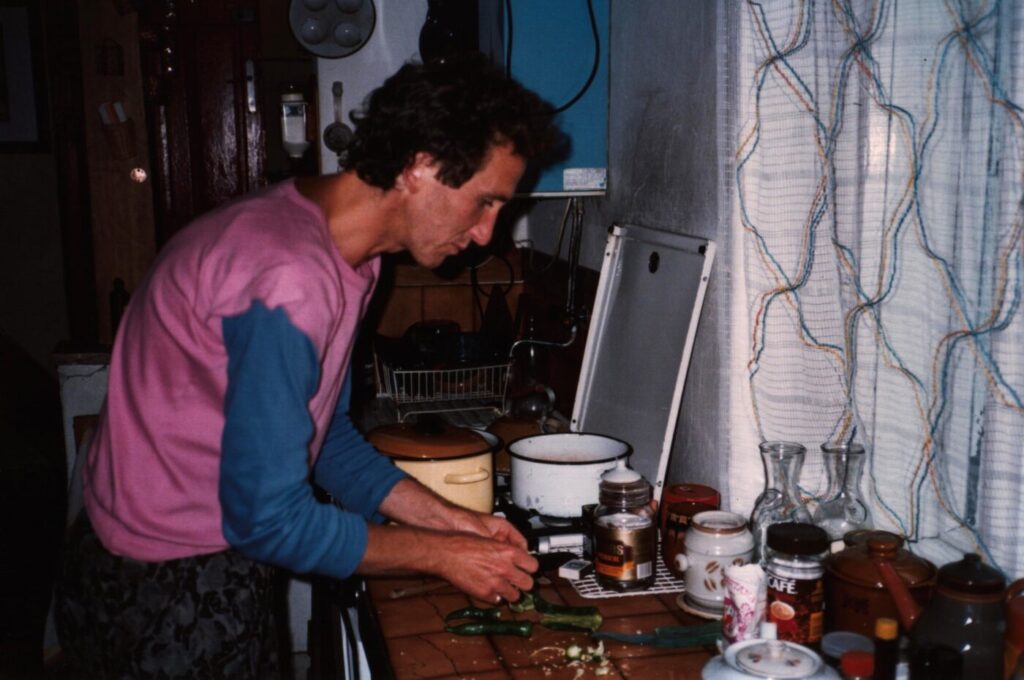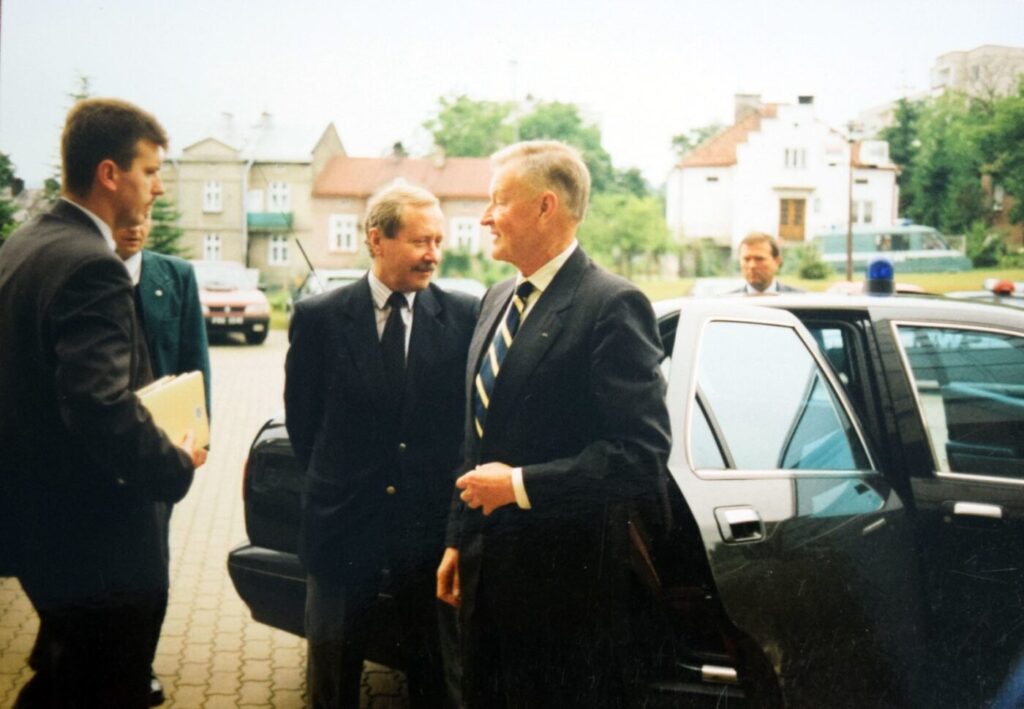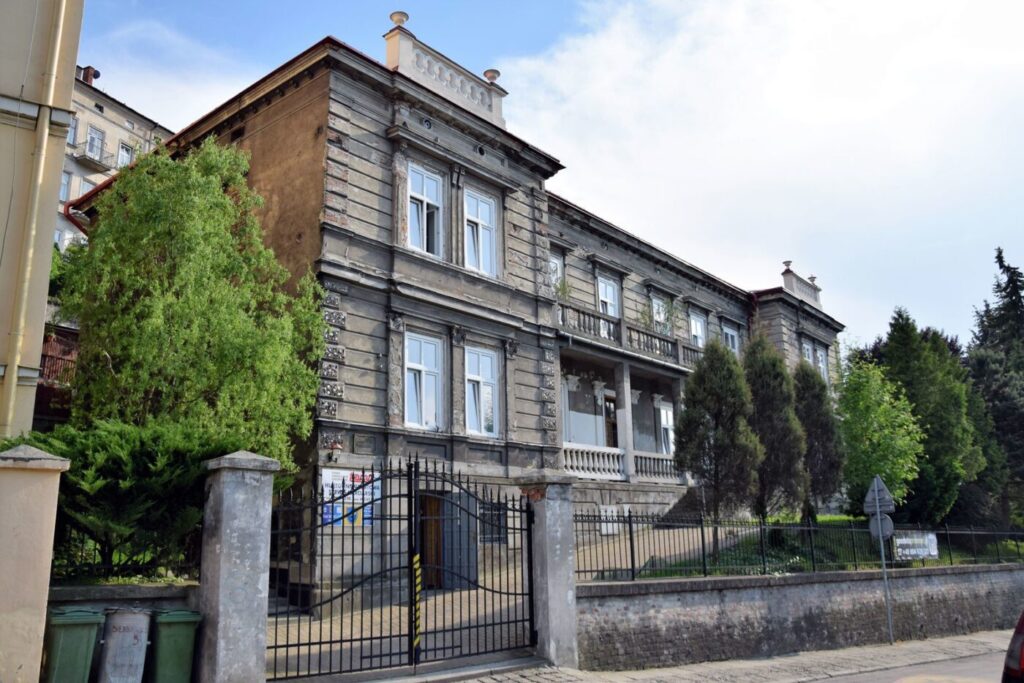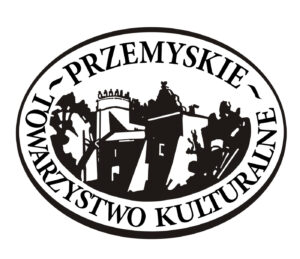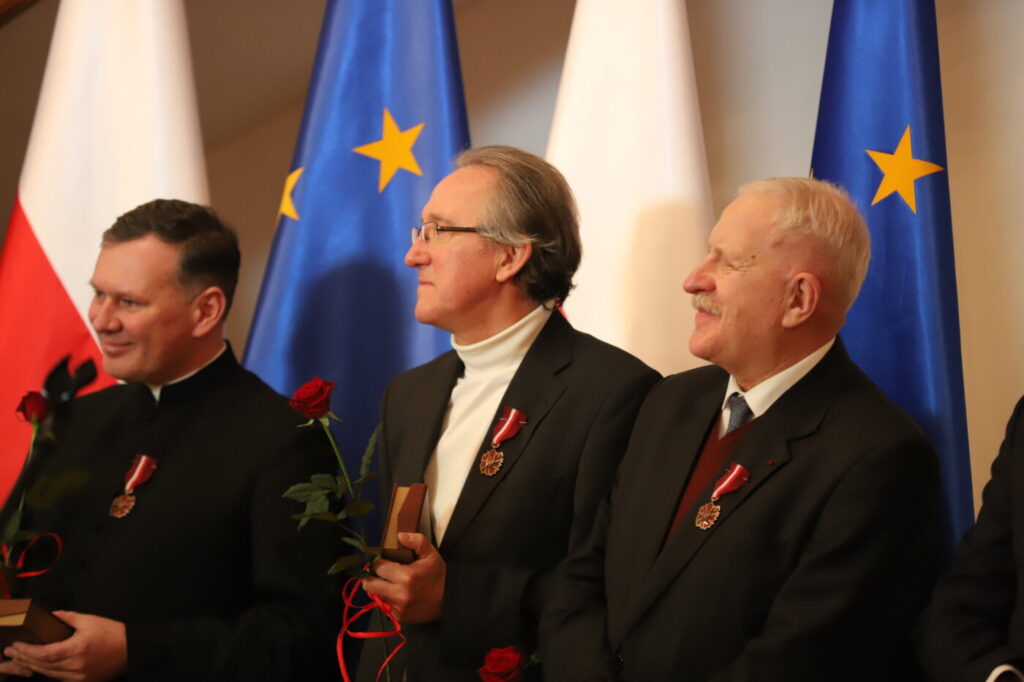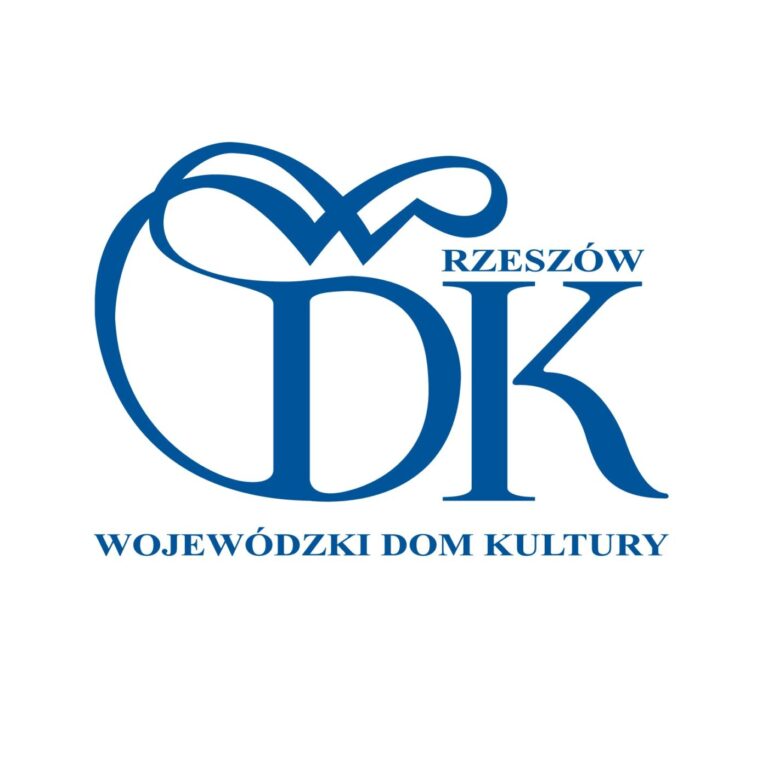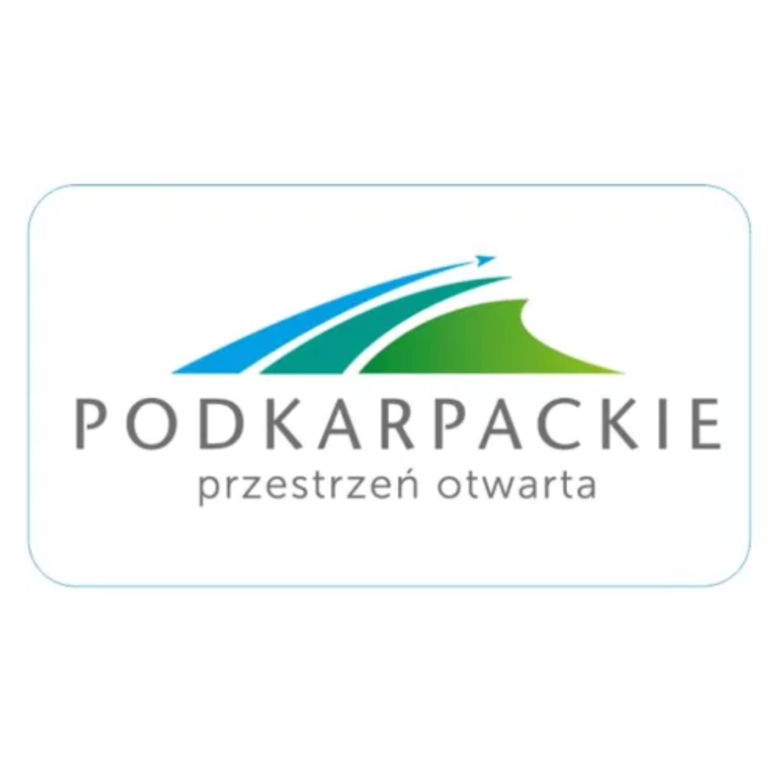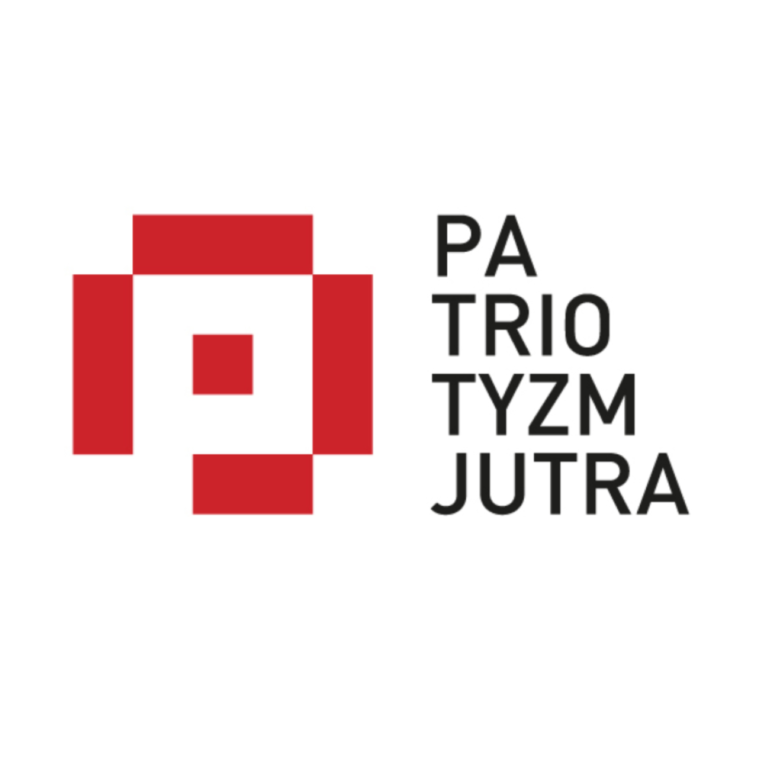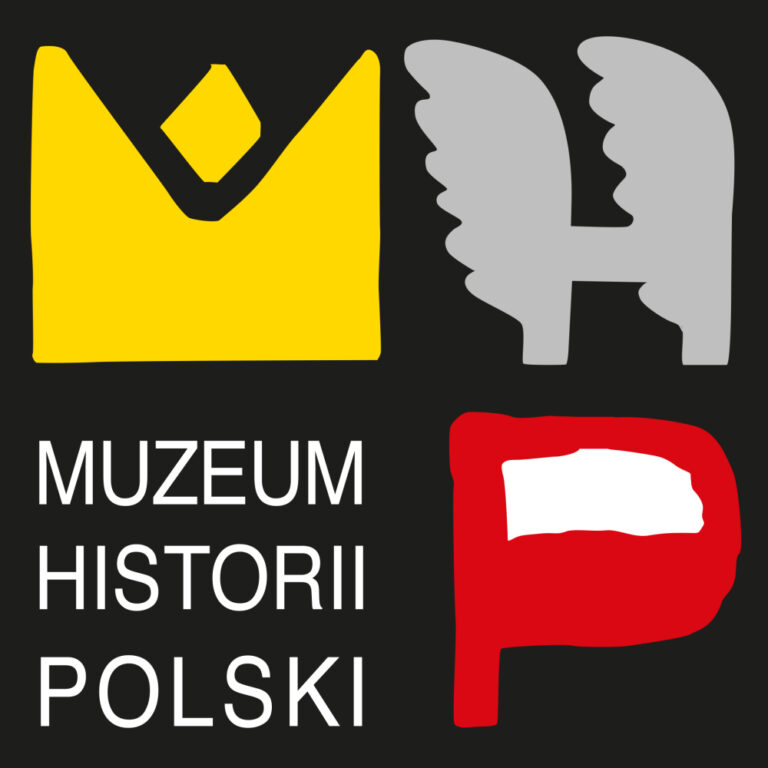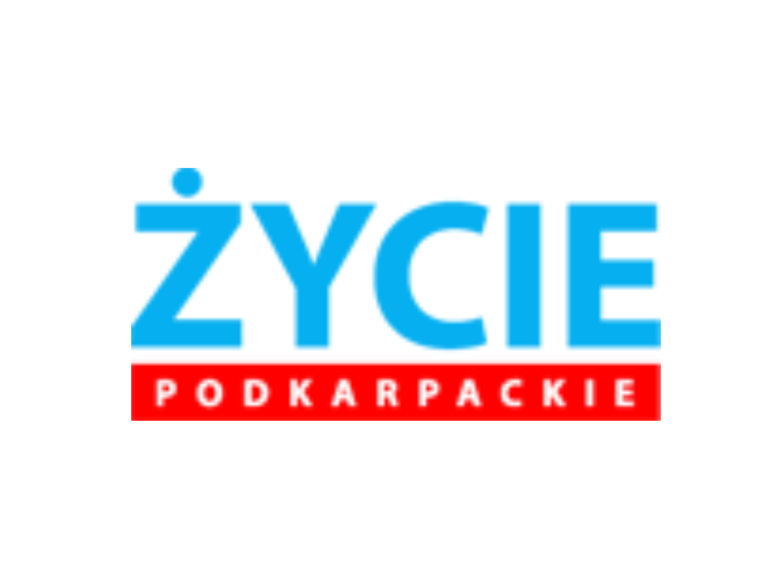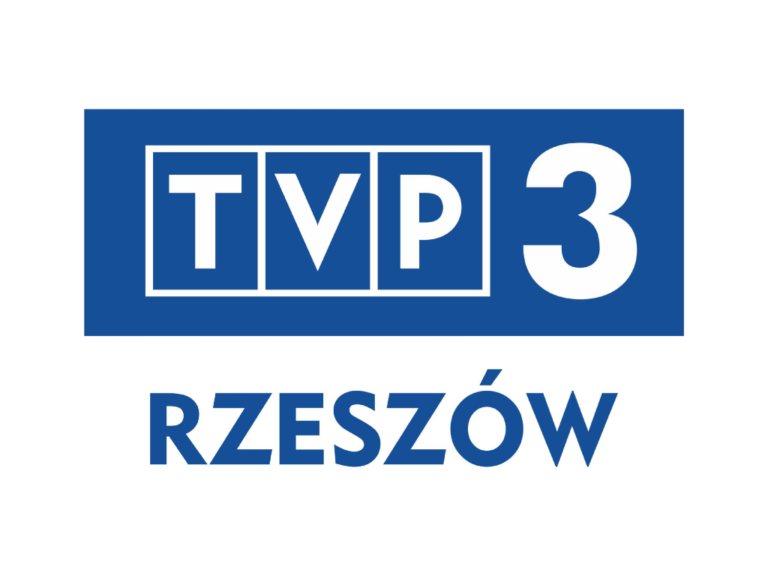Mark Zazula
I will start my memories from the time when in 1986 our entire company gathered around Marek Kuchciński went to the unveiling of the monument to Cardinal Stefan Wyszyński in Komańcza. In September 1986, it was unveiled by Cardinal Glemp. We wanted the monument to commemorate the cardinal's internment in this place. It was sculpted thanks to Krzysiek and Baśka Kaniewski, who documented churches built in the diocese of Przemyśl and had "agreements" with the sculptor.
To the unveiling, we rode Marek's good-natured Toyota. Not everyone had a car, and since everyone wanted to go, for example, I was in the trunk. We followed Bishop Tokarczuk, because then the militia did not control us.
I remember Krzysztof Sawicki telling me that everyone felt respect for Bishop Tokarczuk. Esbecja took off her caps and bowed…
He was one of the wisest priests, he was reckoned with in the whole country. Oppositionists such as Kornel Morawiecki and Jacek Kuroń sought an audience with him.
Did you feel supported by the Church? What did it look like?
I will tell you on the example of specific situations: the exhibitions Man - God - World, which we organized in the Franciscan underground. Bishop Tokarczuk believed that such things should be done, that exhibitions, artistic meetings, film screenings should be organized, and the mere reference to him or his telephone number, e.g. to Miodowa Street, was enough to receive support. Thanks to the curia, exhibitions from the church of St. Krzyża from Warsaw, many artists, reviewers and lecturers also came to visit. We cannot forget about the financial support, after all, the exhibits had to be transported from the capital to Przemyśl and back, and we did not have the money for it. We also had good relations with the Salesians, where I led the choir. When Lech Wałęsa, after the meeting, assigned Onyszkiewicz to us, the main speeches, Janusz's lectures, took place in the Salesian church. Canadian BBC TV came to Christian Culture Days. A lot of people came to exhibitions organized in Przemyśl churches. It was of great libertarian significance. People from Poland and abroad came who had to sleep somewhere. Some slept in churches, others in private homes. When we invited eight people from Bornus Consort Warszawa to DKCh, they had to spend the night somewhere. It so happened that in the Benedictine nuns, where the concert was taking place, there were retreats and the sisters did not make the church available. Imagine that all these people slept in my house: eight peasants on mattresses, me and my mother - in two rooms. Those were the times, full of spontaneity.
Of course, the church gave us spiritual support. The bishop's homilies were very strong, especially those in Częstochowa or Warsaw. The parish priests were involved in artistic activities, in helping people, e.g. farmers, as Marek Kuchciński and Jan Karuś, who were strongly involved in these initiatives at that time, can tell us. It was extremely uplifting.
Many people emphasized that despite the care of the Church, despite the conservative environment, there was no censorship.
Of course. We didn't play gross acts, we weren't freaks, we acted on the level, we were trusted, without obstacles, we had complete freedom.
We were among the lucky few who had the opportunity to listen to the lectures of such distinguished guests as prof. Zdzisław Najder, fascinated by the seafarer Conrad-Korzeniowski. There was a sanatorium in Krachel in Przemyśl, where Marek and I took him. Almost a ruin, he then said that Conrad Korzeniowski's parents were being treated for tuberculosis in the city, and he was there together with his parents as a child.
Shortly afterwards, in the early 1990s, Przemyśl was visited by an adviser to the presidents of the United States, prof. Zbigniew Brzeziński, who at the Cultural Center outlined the rules of the communist system and the possibilities of overcoming it. Brzeziński gave a lecture on the political side, i.e. on leaving the system that was collapsing at the time.
I think Ambassador Mark Brzezinski would be touched if he heard his father's recording today.
Man cannot forgive himself. As for the Brzezińskis, there is still a cottage where they lived. When Zbigniew was with us, he came over there, mentioned…
Even today it would be a great event, let alone then...
Indeed, it was unlikely that an adviser to the US president would come to Przemyśl. It was very uplifting, it gave people hope, not only thinkers. I remember that a few days later there was also a meeting with Kuroń, who was talking about us.
And what was Kuroń's fairy tale about?
In the Metalowiec club, he kept talking about reconciliation with the authorities. I never agreed with it. I believed that if something is either black or white, there is no possibility of any conversation. I confessed what Bishop Tokarczuk said during one of his beautiful homilies for militiamen: If you beat your breasts and say that you have made mistakes, forgive us - we are able to understand it. And if there is no such gesture, there is no way to talk to the scoundrel. It's like talking to Putin now, who doesn't care about sanctions and continues to murder.
Professor Piekałkiewicz, a world-class political scientist, also came with his wife, whom we called aunt Mojra.
Why "auntie"?
His wife was very communicative, so kind, she quickly became friends with us. They really enjoyed the vegetables from Marek's garden. He sold his tomatoes in Warsaw, and spent the money on exhibitions and helping people. The attic company was sometimes hungry, you had to give them something other than vegetables. Then I was roasting, for example, a duck. The Piekałkiewicz family loved to drink curdled milk and Marek brought them special bacteria so that they could make them in the States, where everything was so sterile that it was impossible to do it there.
Lots of "foreigners".
Marek Kuchciński wanted to follow the flow and then proposed the concept of a university in Przemyśl, based on lecturers from various universities in the world, such as Piekałkiewicz, Zdzisław Najder, with MPs from Margaret Tchatcher, with whom we had contacts and thanks to whom we were able to create such a university. In fact, the idea collapsed when Jasiek Musiał became the voivode, because he bet on the locals, from Rzeszów, Krakow. Most of us supported those ideas, they assumed a higher level, but Jasio was stubborn.
mWe were very lucky to observe another, free world. Western artists used to visit the attic, e.g. Helen Ganly, Edward Robinson, meetings with whom resulted in, for example, the Way of the Cross in Tarnawce, and Helen participated in lectures during the Days of Christian Culture. For our artists, these were very interesting and inspiring things.
Christian Culture Days were held during martial law. I worked at the Rzeszów Philharmonic, from where I had a paper that I could return to Przemyśl after 10 pm, so that the militia and shitty communist services wouldn't catch me... I had access to the consulate, to Małgorzata Lamont. From Krakow to Przemyśl, in a cello case, I carried films on cassettes that were shown during the DKCh. I delivered them to the church, but even there you had to be careful. After all, out of a dozen or so people in the seminary, most were substitutes.
One day I return by train from Leipzig to Przemyśl, which never left on time. He was supposed to be in Krakow at 8 pm and in Przemyśl on the 23rd, of course he arrived very late. When I was walking from the station, there were four or five ZOMO soldiers standing on a bench near the Mickiewicz monument, their rifles propped against the bench... I think it's the end of the world, if they catch me, they make me open the case, they'll see the cassettes...
But since they saw me coming down the mountain, I have no choice but to go. I pass by them, and one drunk says: Te, musician, come here ...
And what did they want? Would you play them?
NO. They poured me a glass of vodka and made me drink it. When I did, they said I could go home. I had a huge scare, but luckily it ended up being funny. Their superiors ordered them to patrol the city at night, and they just drank.
After one of the Man - God - World exhibitions, Marek and I were left alone. I say to him: Don't go home anymore, go to your parents, you're a hundred meters away. He didn't want to, and in the morning I find out from his father that Marek was picked up. So the action started immediately: I went to priest Krzywiński, who was a curial treasurer, he informed the bishop and already during the first masses in the church it was announced that Marek had been arrested. The next day we were supposed to open the DKC, there were lectures, for example by the president of the Polish Writers' Union, Jan Józef Szczepański, Jacek Fedorowicz was supposed to come, we had to arrange finances with him, and I had no idea about it. It turned out that Andrzej Kucharski, who is no longer alive, had some money hidden somewhere in the Solidarity Committee, in a hollow, and somehow everything happened. I learn the following: that Jacek Fedorowicz kayaking through the San River, while Szczepański got in through strange channels, because the arrival for those days was prevented by the Security Service, which controlled the Żurawica, at the entrance to Krasiczyn.
You didn't feel the seriousness of the situation then, it wasn't carefree, but there wasn't that pathetic either. The company of visual artists, sculptors and artists, there were plenty of them in Przemyśl, they were not afraid. We were in Marek's attic almost every day, something was being planned every day.
So the company of people who are free in spirit…
We met Marek in 1981, in a music school where he attended with his sister. There was the Hendrix cult, Janis Joplin, Jesus Superstar, all these people wanted to go to music school. Andrzej Mazur, Wojtek Tarczynski, Krystyna Prońko also went there from us.
They kept pestering me to be a snitch at the philharmonic, telling them what the mood was like, sometimes they mangled me, but they didn't find out anything. Once, Józek Kurylak called the policemen names. He was a solid friend, we understood each other perfectly, his man.
Everything was censored, but as I said, when it was held under the auspices of the Church, the snitches were afraid. There were, of course, cases of "brave". Once, the SB officer who was recording a meeting broke down the dictaphone and started howling. And no conspiracy ... It was funny, although it could end tragically for him, people could hurt him then.
And the last question – about your attitude towards nature. I have noticed that most people I talk to who fight for freedom are very close to nature.
We all, with a few exceptions, walked in the mountains. From primary school I was connected with the Bieszczady Mountains, up to the Russian border. This could also build the attitude towards the authorities, namely: from Przemyśl there was a Warsaw train going to Zagórze, which traveled several kilometers through the territory of the Soviet Union. The windows were painted white, Soviet soldiers were boarding in Krościenko, and a soldier with a dog was walking around the whole train and controlling us. We used to throw candy for the children out of the window. We rode the train, not the cars, just to spite the Russians.
On Rozsypaniec, we crossed the border post, we provoked a little…
Once, with Marek Kuchciński, his daughter and Jurek Piórecki, we went to Wetlina, we went to Lutek's shelter, the mountain pine was already ending, there was such a blizzard that you couldn't see for a meter. Then you drank water from the stream, ate fruit straight from the bushes...
